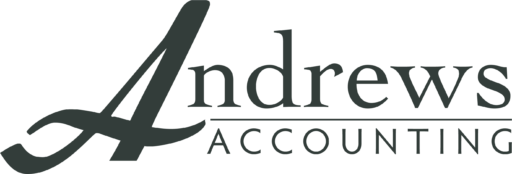Mixing Business and Personal Funds for Expenses Is Asking for Disaster
Mixing business and personal funds is not uncommon – especially when you’re first starting your business – but it’s asking for trouble. At best you’re giving yourself more work to do. At worst, you risk the feds going after what’s in your wallet.
Why It’s Important Not to Be Mixing Business and Personal Funds
For starters, having a separate business bank account makes it far easier to track your business expenses. You can keep tabs on your cash flow, and see your profit (or loss) much more easily.
A separate account also avoids extra hassle at tax time. It keeps you from having to go back through an entire year’s receipts to figure out which expenses were for business and which were personal. Or, if you don’t want to do it yourself, it keeps you from paying your accountant to do it.
Why It’s Especially Important Not to Mix Business and Personal Funds
If you make a habit of mixing business and personal money, the IRS might not be able to tell what money you used for business and what you used for personal spending. In that case, they can then dive into examining all your personal finances. And if you owe the government, the feds can go after your personal money.
Normally, being an LLC or S corporation means your personal assets are protected from business financial problems. But if you mix (officially called commingling) funds, that protection goes out the window.
What’s more, if you’re a C corporation (with a board and stockholders), it’s flat out against the law to take money out of the company for personal use.
You Really Don’t Want to Mix Business and Personal Funds On Purpose
The IRS says business expenses have to be “ordinary and necessary” for your type of business. For example, a $200 bottle of 12-year-old scotch doesn’t qualify if you’re a plumbing contractor. (If you say it’s a gift for a client or employee, there are limits.) If you claim your personal expenses as deductible business expenses, you invite an IRS audit. And when they find you out, you’ll owe back taxes, plus interest, plus penalties. And if you really abuse it, you might end up in a jail cell.
How Can I Start Keeping My Business and Personal Expenses Separate?
- Open a business checking account.
- Apply for business credit card.
- Pay yourself a salary or distribution of income, if appropriate.
- If you need business supplies and personal items from the same store, don’t use just one bank account. Ask for a separate receipt. Or make two individual payments, one from your business account and one from your personal.
- If you have employees who make business purchases, instruct them on how to track expenses.
- If you’re saving receipts, make two separate files for business and personal.
- Ask your accountant for help with organization and strategy.
Save yourself – and your accountant – some heartache: Don’t mix!
Links
IRS Publication 535 covers proper business expenses and what is deductible.
Lastly, you can learn more about our services here!


Trackbacks/Pingbacks